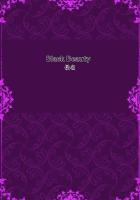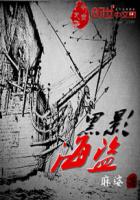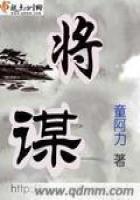Next let us consider what should be our arrangements about property: should the citizens of the perfect state have their possessions in common or not? This question may be discussed separately from the enactments about women and children. Even supposing that the women and children belong to individuals, according to the custom which is at present universal, may there not be an advantage in having and using possessions in common? Three cases are possible: (1) the soil may be appropriated, but the produce may be thrown for consumption into the common stock; and this is the practice of some nations. Or (2), the soil may be common, and may be cultivated in common, but the produce divided among individuals for their private use; this is a form of common property which is said to exist among certain barbarians. Or (3), the soil and the produce may be alike common.
When the husbandmen are not the owners, the case will be different and easier to deal with; but when they till the ground for themselves the question of ownership will give a world of trouble.
If they do not share equally enjoyments and toils, those who labor much and get little will necessarily complain of those who labor little and receive or consume much. But indeed there is always a difficulty in men living together and having all human relations in common, but especially in their having common property. The partnerships of fellow-travelers are an example to the point; for they generally fall out over everyday matters and quarrel about any trifle which turns up. So with servants: we are most able to take offense at those with whom we most we most frequently come into contact in daily life.
These are only some of the disadvantages which attend the community of property; the present arrangement, if improved as it might be by good customs and laws, would be far better, and would have the advantages of both systems. Property should be in a certain sense common, but, as a general rule, private; for, when everyone has a distinct interest, men will not complain of one another, and they will make more progress, because every one will be attending to his own business. And yet by reason of goodness, and in respect of use, 'Friends,' as the proverb says, 'will have all things common.'
Even now there are traces of such a principle, showing that it is not impracticable, but, in well-ordered states, exists already to a certain extent and may be carried further. For, although every man has his own property, some things he will place at the disposal of his friends, while of others he shares the use with them. The Lacedaemonians, for example, use one another's slaves, and horses, and dogs, as if they were their own; and when they lack provisions on a journey, they appropriate what they find in the fields throughout the country. It is clearly better that property should be private, but the use of it common; and the special business of the legislator is to create in men this benevolent disposition. Again, how immeasurably greater is the pleasure, when a man feels a thing to be his own; for surely the love of self is a feeling implanted by nature and not given in vain, although selfishness is rightly censured; this, however, is not the mere love of self, but the love of self in excess, like the miser's love of money; for all, or almost all, men love money and other such objects in a measure. And further, there is the greatest pleasure in doing a kindness or service to friends or guests or companions, which can only be rendered when a man has private property. These advantages are lost by excessive unification of the state. The exhibition of two virtues, besides, is visibly annihilated in such a state: first, temperance towards women (for it is an honorable action to abstain from another's wife for temperance' sake); secondly, liberality in the matter of property.
No one, when men have all things in common, will any longer set an example of liberality or do any liberal action; for liberality consists in the use which is made of property.
Such legislation may have a specious appearance of benevolence; men readily listen to it, and are easily induced to believe that in some wonderful manner everybody will become everybody's friend, especially when some one is heard denouncing the evils now existing in states, suits about contracts, convictions for perjury, flatteries of rich men and the like, which are said to arise out of the possession of private property. These evils, however, are due to a very different cause- the wickedness of human nature. Indeed, we see that there is much more quarrelling among those who have all things in common, though there are not many of them when compared with the vast numbers who have private property.













